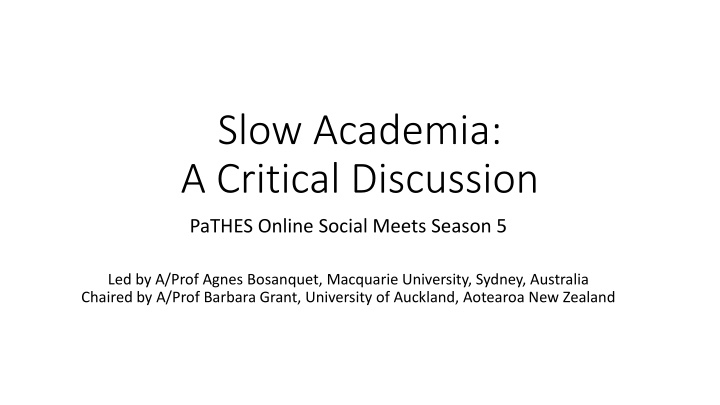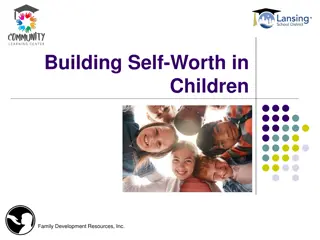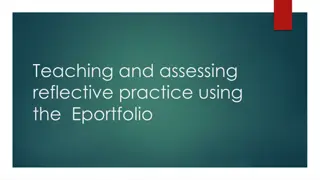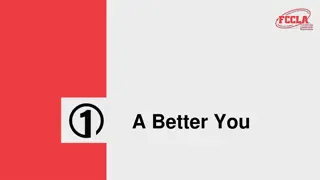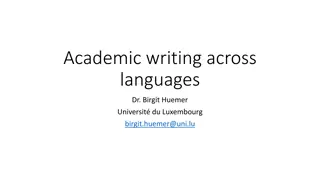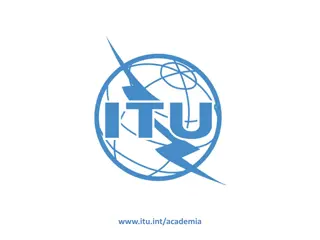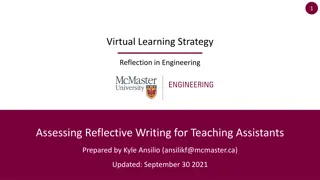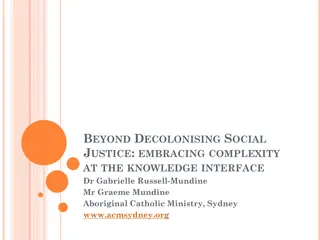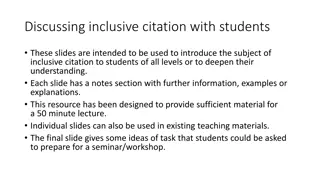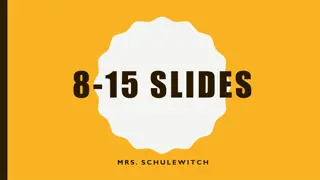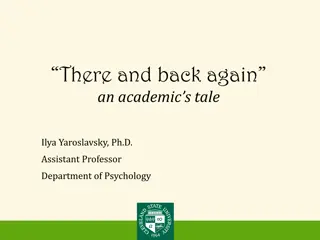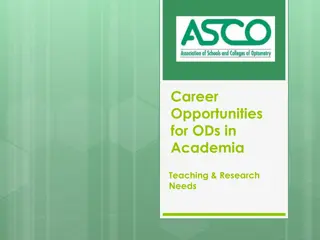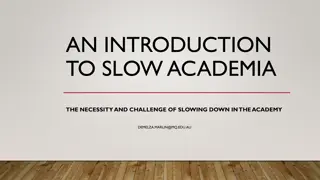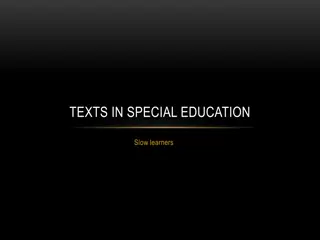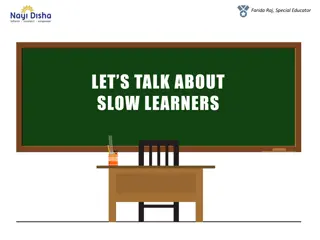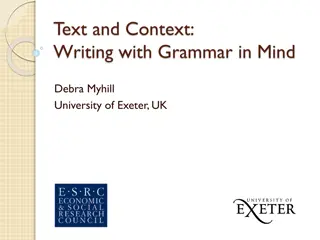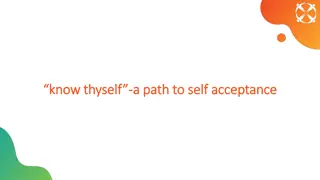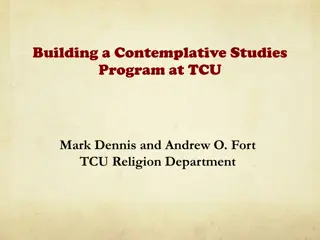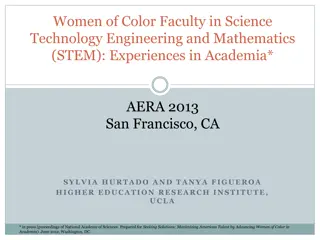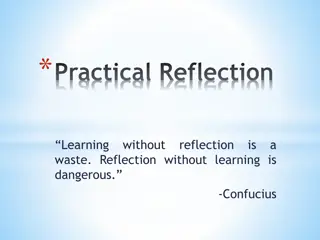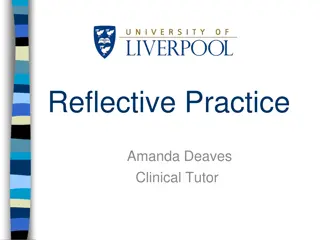Engaging with Slow Academia: A Critical Discussion on Theorizing and Self-Reflection
Join the thought-provoking discussion on slow academia led by experts from Macquarie University and the University of Auckland. Explore theoretical works resonating with slow academia, feminist perspectives, institutional responses, subjectivity theorizing, and more. Engage in a reflective, inclusive, and patient dialogue to deepen understanding in academic environments.
Download Presentation

Please find below an Image/Link to download the presentation.
The content on the website is provided AS IS for your information and personal use only. It may not be sold, licensed, or shared on other websites without obtaining consent from the author.If you encounter any issues during the download, it is possible that the publisher has removed the file from their server.
You are allowed to download the files provided on this website for personal or commercial use, subject to the condition that they are used lawfully. All files are the property of their respective owners.
The content on the website is provided AS IS for your information and personal use only. It may not be sold, licensed, or shared on other websites without obtaining consent from the author.
E N D
Presentation Transcript
Slow Academia: A Critical Discussion PaTHES Online Social Meets Season 5 Led by A/Prof Agnes Bosanquet, Macquarie University, Sydney, Australia Chaired by A/Prof Barbara Grant, University of Auckland, Aotearoa New Zealand
I am joining you today from the unceded lands of the Wallumattagal Clan of the Dharug nation
Welcome to a slow discussion Attentive, open-ended, ambiguous, contradictory, uncertain, imaginative, experimental, curious, questioning, incomplete, learning, appreciative, attentive listening, inconclusive, respectful, generous, meandering, reflective, meditative, patient, ethical, speculative, unknowing Walker, M. B. (2017). Slow Philosophy: Reading against the institution. London: Bloomsbury.
Recapping last week Start theorising by reading: what theoretical work resonates with slow academia? Feminist repetitions as d j vu (Breeze & Taylor, 2020), going over old arguments as a feminist (Ahmed, 2017) being at home in the university, the character(s) of the university, enjoying theory Belonging, claiming a title such as professor or academic or writer, meandering career stories (Potter, 2019), being excluded, power and time, uneven experiences of speeded up time, contradictory temporalities (Baraitser, 2017) Slow institutional responses to complaints and slow activism (Ahmed, 2021)
Theorising self and subjectivity In Giving an Account of Oneself , Judith Butler (2001) writes: If I try to give an account of myself, if I try to make myself recognisable and understandable, then I might begin with a narrative account of my life, but this narrative will be disoriented by what is not mine, or what is not mine alone. And I will, to some degree, have to make myself substitutable in order to make myself recognisable. The narrative authority of the I must give way to the perspective and temporality of a set of norms that context the singularity of my story.
Beyond an academic biography Tamson Pietsch (2019) writes an academic biography differently, as part of a historical process of formation (familial, settler colonial, religious), [that] points to the ground I call home, foregrounds my commitments and my values, and understands my institutional location as the outcome of these commitments.
Tell your university story Tell your university story
hooks uses words such as nurturing, joy, ecstasy, pleasure, love and danger to describe her early schooling, then obedience, racism and politics to describe schooling under racial integration in 1950s/60s America (she describes the difference as between education as the practice of freedom and education that merely strives to reinforce domination ) (p 4) As an undergraduate at university: It surprised and shocked me to sit in classes where professors were not excited by teaching, where they did not seem to have a clue that education was about the practice of freedom. During college, the primary lesson was reinforced: we were to learn obedience to authority (p 4) What words would you use to describe school and university? What lessons did your early learning teach you? How has this shaped your practice and your sense of self?
The Place of Stories Susan Carter (2020) offers a reflective prompt: Review your own childhood learning story: what troubled, bothered or eluded you, and what did you like about learning in your early years at school? What did you misinterpret at school? What did you really like, understand and enjoy doing? Remember playing as a child: what games did you play, and what did you learn from them? Were the rules well established, or did you and your family or friends make them up or alter them? How did you agree about the rules (or did you)? How do these childhood experiences underpin who you are now?
Relative to opportunity: a Butlerian response In seeking to have recognition conferred by the Promotions Committee, I am both subject to the norms of academia and the agency of its use (Butler 2001, 22). I am simultaneously constructed by and constructing the norms of academia, the social conditions under which the fragmentary, multiple I emerges Making myself substitutable for an Associate Professor, I am complicit in a process that erases the complexity of the self relative to opportunity into two lines specific to academic work: The following application refers to work completed at [this university] since appointment to Senior Lecturer in 2016 ... [My research] is the output of a 20% research workload (in all roles since first appointment in 2010) and fractional appointments (three days per week from 2010 to 2016, and four days per week from 2017 to 2018).
Over to you What theoretical work resonates with the stories and selves you grapple with? How do you negotiate your academic self and a self (or selves) beyond the university? How are you constructed by the norms of academia? How are you complicit in constructing these norms?
